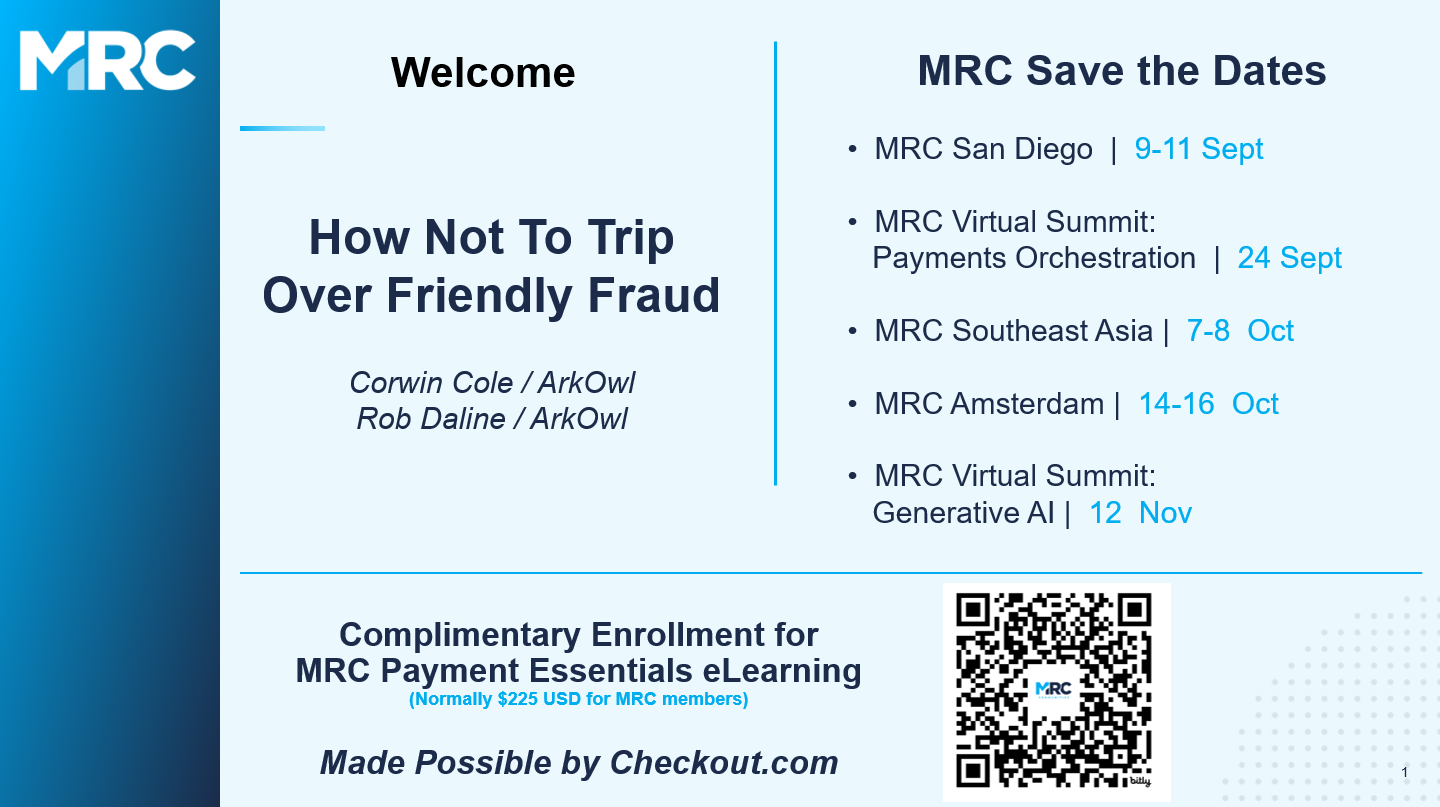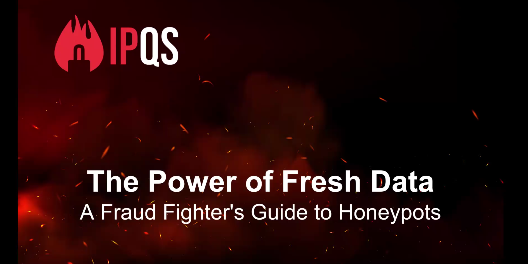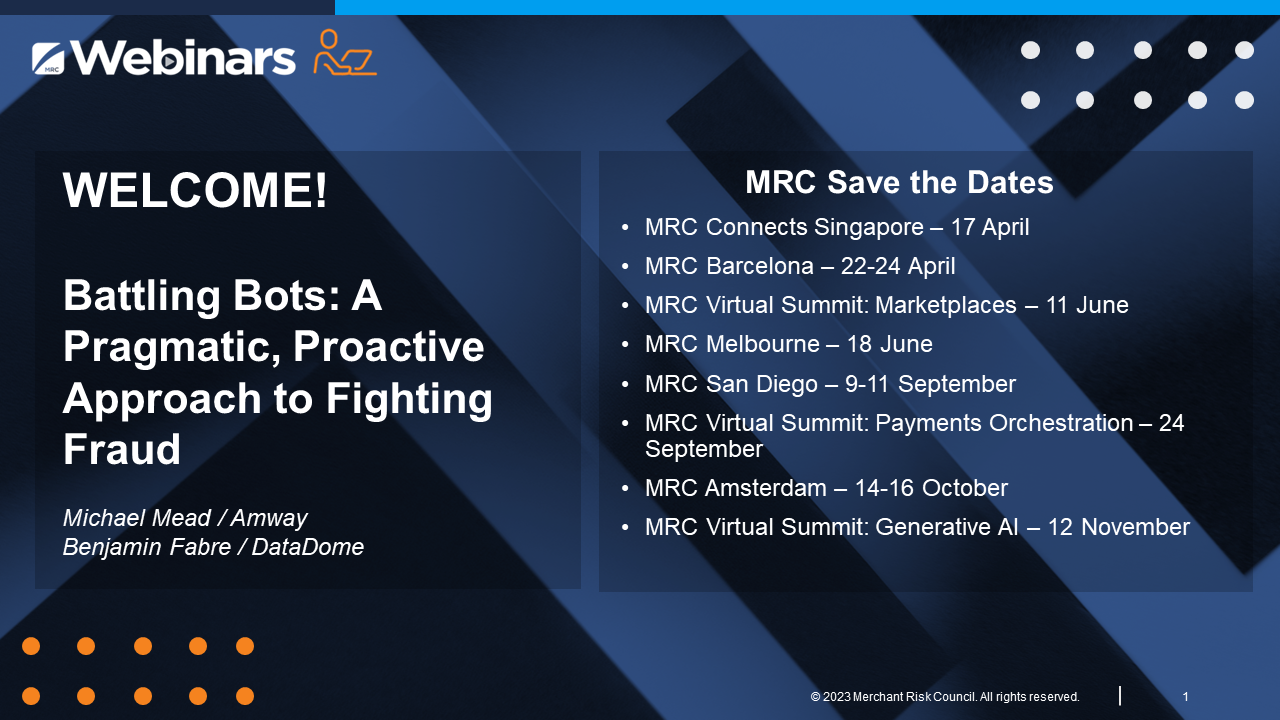Fraugster Entering e-mobility Boom by Partnering with Elvah
Berlin and Amsterdam, 09 March 2022 - Fraugster, a payment intelligence company, has partnered with e-mobility innovator elvah to provide a comprehensive managed service risk solution. This collaboration allows elvah to access compliance, chargeback protection, risk management solutions and credit scoring through one AI platform and integration.
Fraugster will support elvah to detect friendly fraud, identity theft, and abuse by enriching AI data for accurate, real-time decisions through a single integration to protect against fraud and improve customer experience and revenue.
elvah’s charging solutions address a current megatrend of consumers adopting electric vehicles. In 2021, new registrations of all-electric, battery-powered cars (BEVs) doubled to 4.5 million worldwide. According to the EY Mobility Lens Consumer Index, more than 40% of people worldwide who want to buy a new car are considering an electric car. This trend is supported by the expansion of charging networks. A key challenge that drivers face is that there are several charging providers - all with different billing systems which leads to frustration and uncertainty. elvah is uniquely positioned to offer convenient access to all public charging stations in Germany as well as in 30 other countries. Provider-independent and completely digital in one app with different subscription models.
elvah CEO, Gowry Sivaganeshamoorthy says, “Fraugster is the perfect partner allowing our teams to focus on our core business to provide the best possible service to our customers, without worrying about risk management. They offer an easy-to-integrate solution that meets all our risk requirements.”
Fraugster CEO, Christian Mangold states, “We are thrilled to support elvah, a fast-growing company, with our scalable fraud prevention solutions and enter the booming e-mobility market.”
About Fraugster
Fraugster is a Berlin based payment intelligence company. Fraugster enables the world's leading merchants, global payment companies like Worldline and Ratepay to intelligently manage the impact of fraud to minimize the costs of fraud, maximize revenue and improve customer experience. Fraugster has developed one of the most accurate AI fraud prevention solutions in the market and is backed by leading deeptech investors Earlybird, Speedinvest, CommerzVentures and Munich Re Ventures. Further information can be found at https://www.fraugster.com/
About elvah
elvah is a fast-growing company founded in 2021 that offers its customers a straightforward charging solution by providing provider-independent and convenient access to all public charging stations in Germany and more than 30 other countries. By choosing their preferred subscription model, customers can pay for their charge and completely digitally in an app. https://www.elvah.de/
For further information please contact:
pr@fraugster.com






